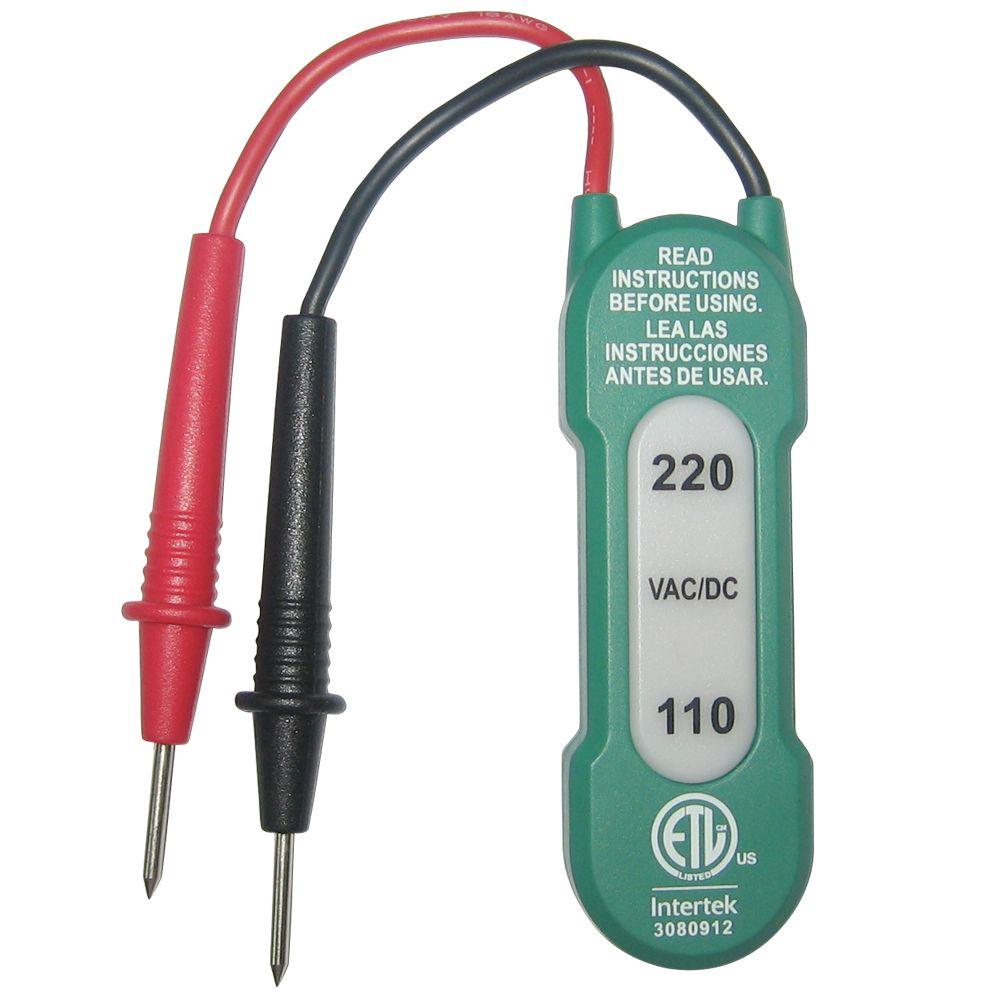2Broke2Sleep
Senior Member
- Location
- Florida
I bought a cheap clamp meter at HD manufactured by C.E. and it wouldn't read 208V at work the other day. Co-worker happened to have a different model C.E. meter and also would not read the 208 present at terminations. Anybody have any experience with these or any meter that won't read voltage just under a month old??? Would stay away from these!



